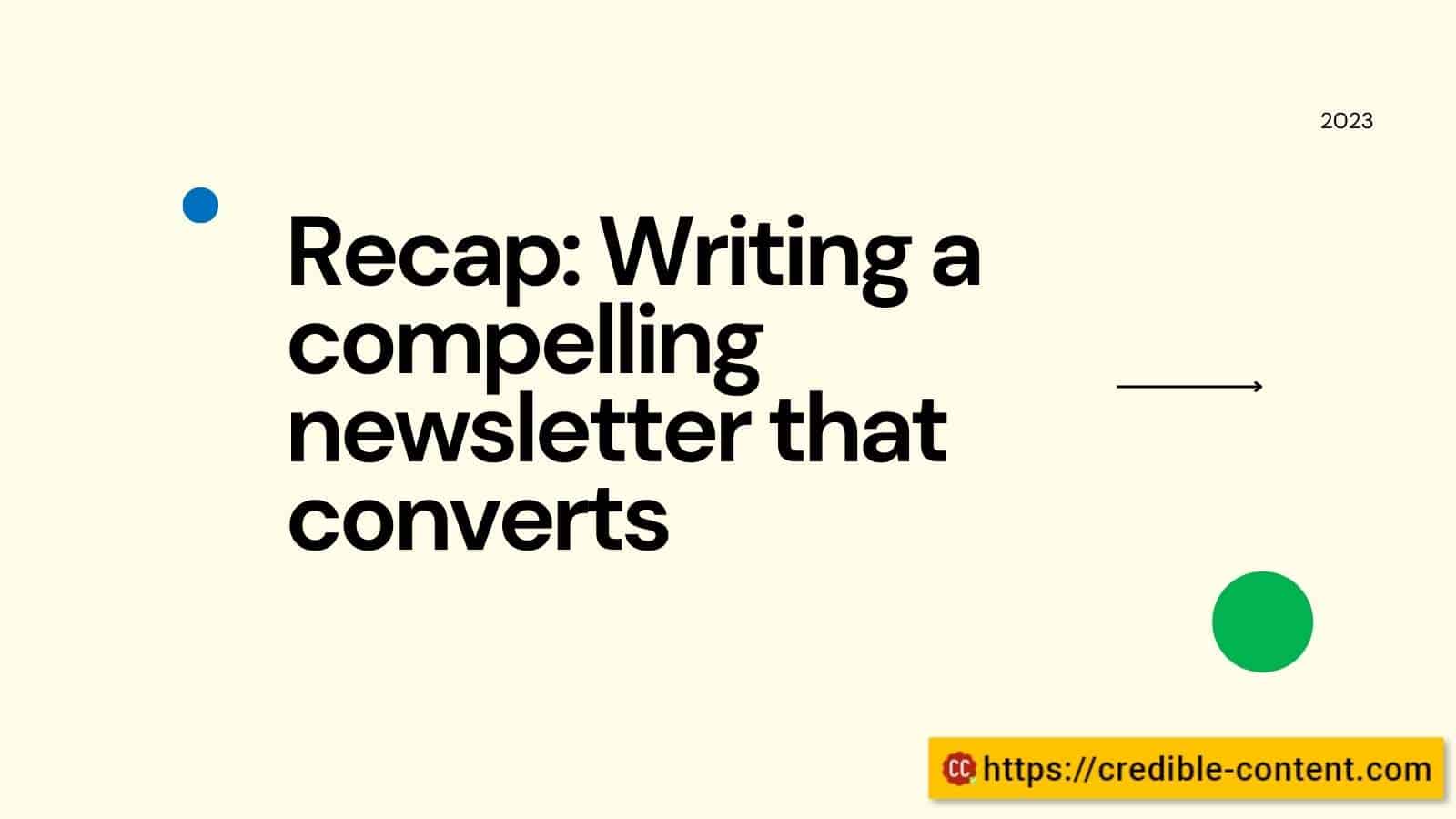
Writing a compelling sales letter that converts.
Writing sales letters is a big part of being a copywriter.
You are always writing stuff to help your clients sell products and services.
Some sales letter are long and some are short; it all depends on what your client wants to say or rather what you want to say on behalf of your client.
Your sales letter, in order to be a successful sales letter, needs to accomplish the following:
- Once people start reading your sales letter they should read it completely
- Your sales letter should prompt the readers to take the action desired by your client or by you
Looking to write sales letters that actually get results? You’re in luck! This article has got you covered with some super actionable tips.
I’ll show you how to craft sales letters that truly captivate your readers and drive those all-important conversions.
Get ready to take your sales game to the next level!
Picture this: you have an amazing product or service, but if your sales letter falls flat, all that greatness goes unnoticed.
Writing a compelling sales letter is like grabbing your readers by the shoulder and saying, “Hey, check this out!”
It’s your chance to captivate, persuade, and ultimately convert your audience into paying customers.
It’s the secret sauce that turns prospects into loyal fans.
So, don’t underestimate the power of a well-crafted sales letter. It’s your ticket to success!
Here are a few things to keep in mind to write compelling sales letters that convert.

Key elements of a compelling sales letter that converts.
Understand your audience
Understand your audience inside out.
Get to know them like the back of your hand. Define your target audience and what they truly need.
Dig deep into market research and analyze your customers extensively.
These activities will help you create the perfect buyer persona.
These personas will be your trusty guides as you embark on the writing journey.
They’ll help you tailor your sales letter specifically to your audience’s desires and pain points. It’s like having a direct line to their hearts and minds.
Come up with a killer subject line
Your subject line is like the gatekeeper to your sales pitch.
It’s the first thing your audience sees in their crowded inbox.
You need to make it count!
Why?
Because a compelling subject line grabs attention, sparks curiosity, and entices people to open your email.
If your subject line does not make them open your email, everything goes waste.
It’s your chance to make a killer first impression.
A short and snappy sentence will do the trick.
So, take the time to craft a subject line that screams, “Hey, open me! I’ve got something amazing to share!”
Trust me, it’s the key to getting your sales letter noticed and ultimately generating those conversions you’re after.
Craft an attention-grabbing headline
Let’s talk about the magic of crafting an attention-grabbing headline for your sales letter.
The headline is your golden ticket to capturing your reader’s attention right from the get-go.
It’s like a magnetic force that pulls them in.
How do you create such a captivating headline?
- Use hard-hitting numbers and statistics to add credibility and help your headline stand out.
- Ask intriguing questions that make your readers stop and think.
- Highlight a unique benefit or solution that your product or service offers.
These techniques will make your headline stand out in a sea of noise and make your readers go, “Hmm, tell me more!”
Establish credibility and trust
Establishing credibility and trust is absolutely crucial.
People want to know they can trust you and your product or service.
How do you do it?
Build credibility.
Show your readers that you’re the real deal.
One way to do this is by including social proof and testimonials.
Let others sing your praises and share their positive experiences.
It adds that extra layer of trust.
Additionally, don’t forget to showcase any relevant credentials or achievements you have.
Building credibility and trust is the key to winning over skeptical readers and turning them into loyal customers.
Focus on benefits and solutions
Instead of just listing the features of your product or service, you need to shift gears and highlight the benefits.
Show your readers how your offering can make their lives better, easier, or more enjoyable.
Address their pain points and challenges head-on.
Let them know you understand their struggles and have the perfect solution in your back pocket.
Paint a vivid picture of how your product or service can solve their problems and make their dreams come true.
Trust me, when you present your offering as the ultimate solution, you’ll have your audience saying, “Where do I sign up?”
Use persuasive language and emotional appeal
Leverage persuasive language techniques to evoke those powerful emotions.
Stir up desire, address fears, and ignite aspirations.
Speak directly to what your audience craves and what keeps them up at night.
Next, appeal to their deepest desires, fears, or aspirations.
Paint a compelling picture of how your product or service can fulfill their wildest dreams or alleviate their greatest concerns.
Incorporate storytelling.
Share real-life experiences, testimonials, or anecdotes that engage and connect with your readers on a deeper level.
When you combine persuasive language, emotional appeals, and storytelling, you’ll have your audience hooked and ready to take action.
Structure your sales letter effectively
The art of organization comes into play when you structure your sales letter effectively.
You want to create a compelling introduction that grabs your reader’s attention right off the bat.
You want to hook them from the get-go and make them eager to read on.
When it comes to organizing the content, keep it logical and easy to follow.
Take your readers on a journey, step by step, to showcase the value of your product or service.
Break up the text with subheadings, bullet points, and white space.
This makes it easier on the eyes and helps your readers navigate through the information smoothly.
Remember, readability is key.
Include a clear and compelling call-to-action (CTA)
Your CTA is like a neon sign pointing your readers towards the next step.
It’s crucial to make it clear, compelling, and impossible to resist.
So, strategically place your CTA within the sales letter, preferably towards the end.
Make it concise, actionable, and easy to follow.
Tell your readers exactly what you want them to do, whether it’s clicking a button, filling out a form, or making a purchase.
Remember, the CTA is your chance to seal the deal, so make it impossible for your readers to say no.
Edit and polish your sales letter
First of all, read your sales letter thoroughly: check for grammar, spelling, and punctuation errors.
You want your sales letter to be flawless and professional.
Next, ensure clarity, coherence, and concise messaging.
Cut out any unnecessary fluff and make sure your message is crystal clear.
If it’s confusing, your readers will bounce.
Lastly, don’t be afraid to seek feedback.
Share your sales letter with colleagues or trusted individuals who can provide valuable insights.
Fresh eyes can spot things you might have missed.
Test and optimize for better conversion of your sales letter
This is the stage where you fine-tune your masterpiece.
Embrace the power of A/B testing.
Experiment with different elements of your sales letter, like headlines, CTAs, or visuals, to see what resonates best with your audience.
Analyze metrics and data like a detective.
Dive into the numbers and identify areas for improvement.
Pay attention to bounce rates, click-through rates, and conversion rates.
It’s all about refining your approach.
Iterate and refine your sales letter based on feedback and results.
Learn from what works and what doesn’t.
Test, analyze, tweak, and repeat until you’ve optimized your sales letter to perfection.
Recap for writing an effective sales letter

Recap Writing a compelling newsletter that converts
Let’s recap the key points we’ve covered in this blog post on how to write a compelling sales letter that converts.
Understand your audience. Conduct market research and create a buyer persona. Then tailor your sales letter to their specific needs and preferences.
A captivating headline can instantly hook your readers and make them curious to learn more. Techniques such as using numbers, asking intriguing questions, or highlighting unique benefits can work wonders.
Build credibility and trust. Incorporate social proof, testimonials, and relevant credentials. These can establish you as a trustworthy authority and instill confidence in your readers.
Focus on benefits and solutions rather than just features. Address your audience’s pain points and then present your product or service as the ultimate solution.
Use possessive language and emotional appeal. By using language that evokes emotions and connects with your readers’ desires, fears, or aspirations, you can create a compelling and engaging sales letter.
Structuring your sales letter effectively is key to maintaining reader interest. Organize your content logically, using subheadings, bullet points, and white space for readability. Let your readers go through your message smoothly.
Including a clear and strong call-to-action (CTA) is crucial for driving conversions. Placing the CTA strategically within your sales letter and making it concise, actionable, and easy to follow can prompt your readers to take the desired action.
Editing and polishing your sales letter is vital for a professional finish. Proofreading errors, ensuring clarity and coherence, and seeking feedback from others can help you refine and improve your sales letter.
By conducting A/B tests, analyzing metrics, and iterating based on feedback and results, you can continuously enhance your sales letter’s effectiveness and conversion rates.
Now armed with these valuable tips and techniques, you’re well on your way to writing compelling sales letters that not only captivate your audience but also drive conversions. Happy writing!



